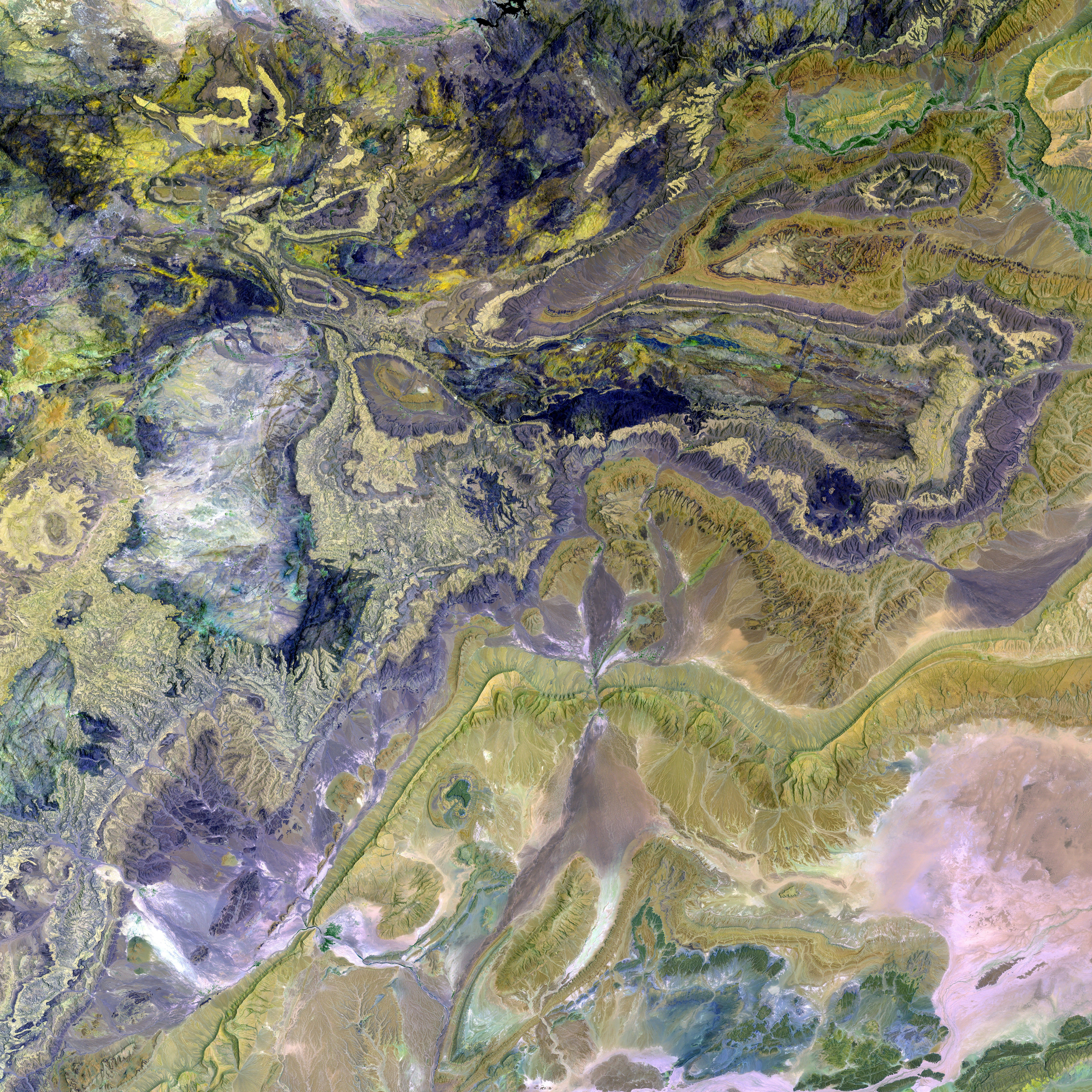Syrian President Holds Discussion on Regional Matters with Bahrain's Monarch
Syrian President's Visit to Bahrain Amid Easing Sanctions and Region's Political Shakeup
Syria's president, Ahmad al-Sharaa, jetted off to Bahrain on Saturday, marking his latest overseas trip since taking office earlier this year. This visit comes as Syria attempts to rebuild its bridges with the international community amidst the easing of western sanctions.
According to Syria's state news agency, SANA, al-Sharaa leads a high-ranking delegation on a mission to strengthen relations with Bahrain. Interestingly, Bahrain had cut ties with former President Bashar Assad following his ousting in December 2024.
The Bahrain News Agency reported that the meeting touched upon mutual relations and ways to boost them, as well as regional affairs and supporting Syria's security and stability. Meanwhile, negotiations between the two leaders are estimated to happen just days before U.S. President Donald Trump's visit to the region for talks with the leaders of Gulf Arab nations.
Al-Sharaa's diplomatic tour has been nothing short of busy since stepping into office. He's visited several countries, including Saudi Arabia, United Arab Emirates, Qatar, and Turkey. Recently, he made his first trip to Europe, meeting French President Emmanuel Macron and announcing indirect talks with Israel.
Syria's leading figures have been making efforts to mend relations with its neighboring countries since Assad's fall. The lifting of Western sanctions – which were imposed on Assad during the early stages of the civil war in 2011 – would pave the way for oil-rich Arab nations to participate in Syria's reconstruction, aiding the post-conflict recovery from the destruction that has claimed nearly half a million lives.
The United Nations estimated the cost of rebuilding Syria to be at least $250 billion in 2017, a figure that some experts predict may reach at least $400 billion today. In April 2025, Saudi Arabia and Qatar stated their intent to settle Syria's outstanding debt with the World Bank, a move that should help revive international support for the war-torn country.
While western sanctions against Syria are easing, they are not completely removed. The UK, European Union, and Canada have softened their stance on Syria's banking sector and de-listed the Central Bank of Syria in some cases. However, the United States has imposed more stringent measures, including sectoral and blocking sanctions against the Central Bank of Syria, which severely restrict financial transactions and access to foreign currencies within the country.
Humanitarian organizations have faced banking and financial challenges due to restrictions imposed on Syria's sanctioned financial system, making it difficult to deliver aid – particularly in areas previously controlled by non-regime forces. There are ongoing discussions to renew and expand General License 24 (GL24), a U.S. authorization facilitating humanitarian transactions, before its July 2025 expiration. Advocates argue that sanctions relief could help stabilize Syria's economy and prevent the collapse of key state institutions.
The new Syrian government, established in March 2025, is seen as a potential gateway for reconstruction and political stabilization. However, the fragile security situation and territorial control issues pose major challenges to the process, and some political debates within Western capitals revolve around the national security implications of lifting sanctions.
The UN Special Envoy for Syria emphasized the need for easing sanctions on Syria amidst its ongoing economic hardships. By providingLe humanitarian aid organizations with unrestricted access to resources, it could help alleviate some of the burden on Syrian citizens. Ultimately, a clear and inclusive political solution remains crucial in resolving Syria's long-standing conflict while fostering reconciliation and sustainable development within the region.
- Khalifa, the president of Bahrain, is expected to resume talks with Syria's current president, Ahmad al-Sharaa, as al-Sharaa announced his visit to Bahrain amidst the region's political shakeup and Syria's attempt to rebuild its relations with the international community.
- General news and politics outlets have reported on the news of al-Sharaa's visit to Toronto, which follows his diplomatic tour that included visits to Saudi Arabia, United Arab Emirates, Qatar, Turkey, and Europe.
- Western organizations and institutions, such as the United Nations, have expressed concerns about the ongoing war-and-conflicts in Syria and the need for stability in the region, particularly in wake of al-Sharaa's visits to neighboring countries.
- Efforts to mend relations between Syria and its neighboring countries, including Bahrain, have been ongoing since Assad's fall, with the lifting of Western sanctions serving as a key stepping stone towards Syria's reconstruction and post-conflict recovery.
- Negotiations between al-Sharaa and Khalifa are expected to touch upon mutual relations and regional affairs, including the future of Syria's stability and the potential impact of U.S. President Donald Trump's visit to the region on the ongoing talks.








